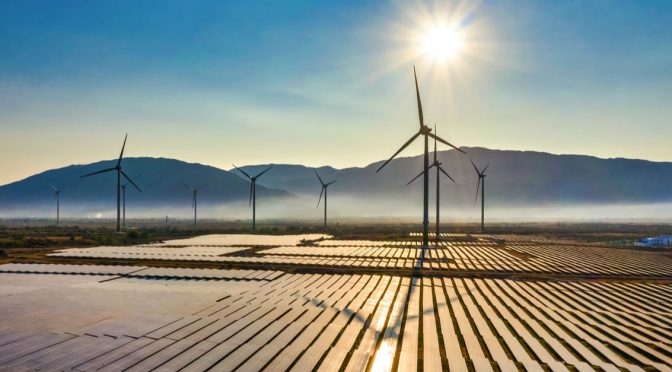The Red Sea Development Company (TRSDC) has awarded its highest-value contract to date to a consortium led by ACWA Power to design, build, operate and transfer The Red Sea Project’s utilities infrastructure.
The contract, procured as an independent public-private partnership (PPP), will cover the design, construction and operation of the systems providing utilities, accompanied by associated networks and infrastructure.
The ACWA Power consortium is financed by Saudi and international banks, including the UK’s Standard Chartered Bank and China’s Silk Road Fund, and covers the design, construction and operation of the systems providing utilities, along with associated networks and infrastructure.
It marks a significant step forward for the mega-project, which aims to become the region’s first tourism destination powered solely by renewable energy.
“This is a pivotal moment for us as we seek to build a new kind of tourism destination in Saudi Arabia, aligned with Vision 2030. We’re committed to pushing the boundaries of what it means to be sustainable and investing heavily in renewables is helping us to set new global standards in regenerative tourism,” says John Pagano, CEO of TRSDC.
The statement adds that all of the utilities will be delivered under a single agreement, unique for a contract of this kind, which includes the provision of renewable power, potable water, wastewater treatment, solid waste management and district cooling for the 16 hotels, international airport and infrastructure that make up phase one of The Red Sea Project.
The Red Sea Project is not investing any of its own capital and is instead committing to purchase its utilities from the consortium for the next 25 years, Pagano confirms.
“This contract also signifies a noteworthy step change for us as the consortium brings foreign investment to the project, demonstrating international support and confidence for the vision that is becoming a reality along the Red Sea coast. At the same time, we are delighted to partner with a consortium leader that has its roots in the Kingdom and shares our ambition to accelerate the energy transition locally,” adds Pagano.
Energy will be generated via solar panels and wind turbines to meet an initial demand of 210MW with the ability to expand in line with the development.
The PPP agreement expects to generate up to 650,000 MWh of 100% renewable energy to supply the destination and other utility systems, whilst emitting zero CO2. The resulting saving in CO2 emissions to the atmosphere is equivalent to nearly half a million tons each year.
Included in the package is the world’s largest battery storage facility of 1000MWh, which will allow the destination to remain completely off-grid and powered by renewables day and night.
“With the largest battery storage facility in the world in place, we can guarantee that the development is 100 percent powered by renewable energy 24 hours a day, 365 days a year, an accomplishment which has never been achieved on a project of this scale before.
“This approach requires entirely new utilities infrastructure, and so a PPP contract makes sense as it ensures high quality, affordable utilities for us and a sound return on the investment for our backers,” says Pagano.
The agreement also covers the construction of three seawater reverse osmosis (SWRO) plants, designed to provide clean drinking water, a solid waste management centre and an innovative sewage treatment plant (STP) that is expected to allow waste to be managed in an environmentally friendly way.


